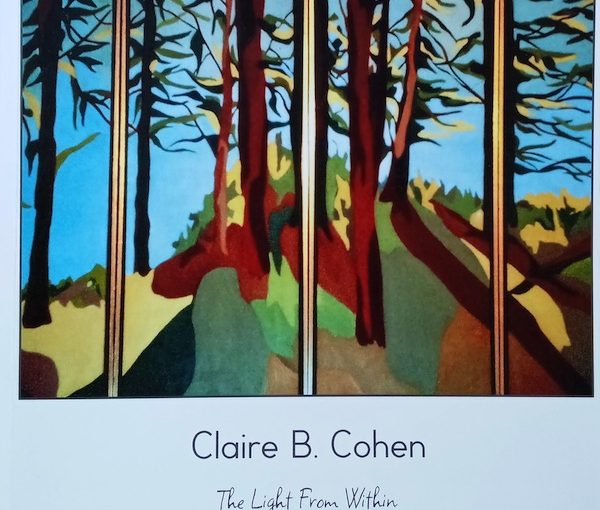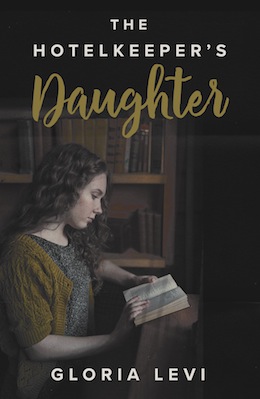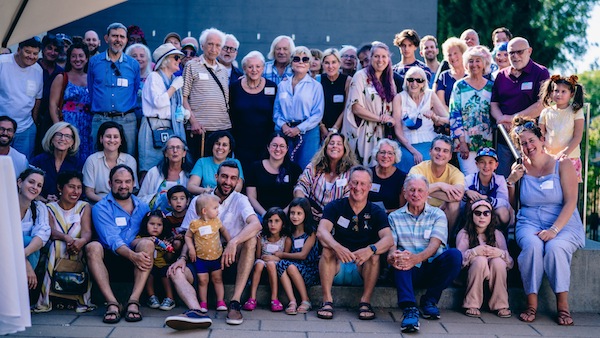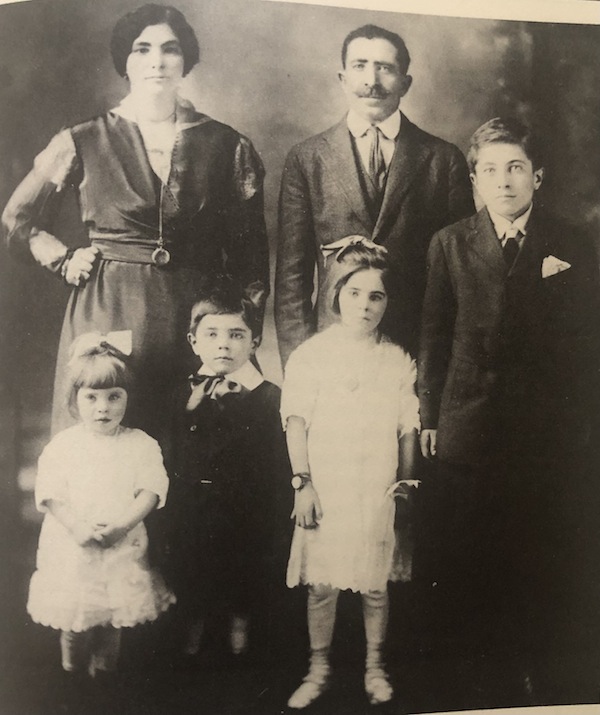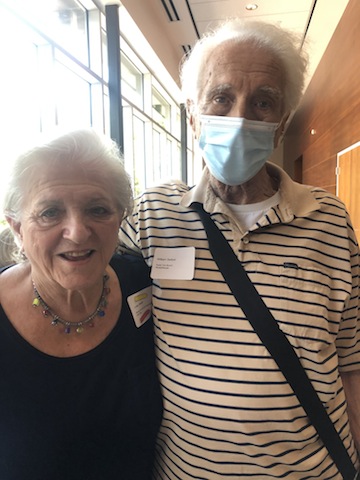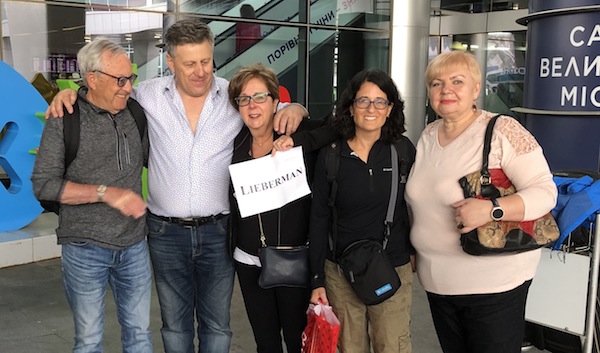Meetings aren’t my favourite things, but sometimes they are stimulating or useful. At a recent meeting, I found myself thinking about the issues differently than the others in the online gathering.
Earlier this month, the Torah portion Yitro included the Ten Commandments, an important moment for the Jewish people, which we celebrate on Shavuot. We all received the Ten Commandments, and one interpretation says that this is an act of radical inclusion, because it includes all Jews. Not just the men, or the adults, or those over 13 years old, and not just those who are considered typical for one Jewish ritual or another, but everyone must be present to hear the reading of the Commandments. This means that a proper reading of the Ten Commandments should be accessible to everyone in the Jewish world, including people with disabilities of all kinds.
I have thought a lot about disability access, but I hadn’t reflected on it in terms of another holiday that is big in many Jewish communities: Yom Ha’atzmaut. At this meeting, a community leader explained – to those who had not experienced it – how the Israeli Day of Independence is celebrated here in Winnipeg. I knew she was directing her information to those who weren’t from Winnipeg. However, I’ve never been to this local event, either.
Her description was engaging: imagine a very large double gymnasium space, booths set up by many community organizations with different games, events and snacks for younger families. Then, later, kids’ choir and dance performances, and then more professional entertainment. The evening ends with fireworks.
Every year, I hear from families who have had a marvelous time at it. Yet, we have never gone. No, it has nothing to do with how we feel about Israeli politics. It has everything to do with having a child with some challenges. Early on, we knew it was impossible to manage our twins at an evening event. It messed with our bedtime schedules. It resulted in two screaming kids, overtired and unable to sleep properly. The outing wouldn’t be fun, nor would the aftermath the next day.
In the end, it wasn’t only that my twins didn’t sleep through the night until they were almost 5 years old. It was that one of my kids ended up with a diagnosis that loud noise, crowds, overstimulation and change in routines would all remain difficult for him. Sensory processing disorder, a part of his challenges, can mean a lot of things, but, for us, it means avoiding events full of noise, crowds, lights, colour and commotion – like the community-wide Yom Ha’atzmaut gathering – or splitting up parenting so that only one kid attends.
Of course, disabilities manifest themselves in lots of ways, changing and shaping our lives. Roughly 22% of Canadians age 15 and up live with some form of disability. As a younger kid, my child couldn’t stand watching movies; a short half-hour kids’ TV show was all he wanted. However, as 11-year-olds, both my kids lined up on the couch to watch The Lion King because they are doing this as a musical at school. Rather than going to a theatre or seeing it elsewhere, watching the movie at home works. It’s where we can control the volume, use a smaller screen and the pause button. This makes all the difference. Now my kid chooses, every so often, to watch an entire movie, and he thoroughly enjoys it.
As the online meeting progressed, I saw that I might be expected to work the booth at Yom Ha’atzmaut in the future. But something has shifted in me and I, too, would rather avoid this event now – both due to COVID concerns and, frankly, because it just doesn’t meet my family’s needs. Does it mean we won’t celebrate the holiday? Of course not. We’ve enjoyed our share of falafel, Israeli celebration specials streamed live online, and more, but I’ve hit a milestone of my own. I am OK with saying no to an obligation that I don’t want to do. Not everyone has to celebrate the same way to belong. Inclusion may mean that, when we gather to hear the commandments at Mount Sinai, some of us receive the message differently than others.
Part of our growth as people is getting to a place where we know who we are and what we can manage as individuals, families and as a people. I’m glad our community does this single huge event. It seems to be something treasured by several generations of Winnipeggers. That said, it’s not ideal for my family, and we don’t have to be pressured into attending it.
Jewish traditions and celebrations evolve and change over time, just as our cultural understandings of disability and inclusion do. Events that adapt to meet those needs promote Jewish continuity for generations to come. Most important, though, is knowing how to value and meet our individual needs in context of this, because, no matter what our challenges are, we are all made b’tzelem Elohim, or in the image of G-d. We all matter as part of the Jewish community, whether we attend an enormous community event or whether we stay home to celebrate instead.
Joanne Seiff has written regularly for CBC Manitoba and various Jewish publications. She is the author of three books, including From the Outside In: Jewish Post Columns 2015-2016, a collection of essays available for digital download or as a paperback from Amazon. Check her out on Instagram @yrnspinner or at joanneseiff.blogspot.com.

